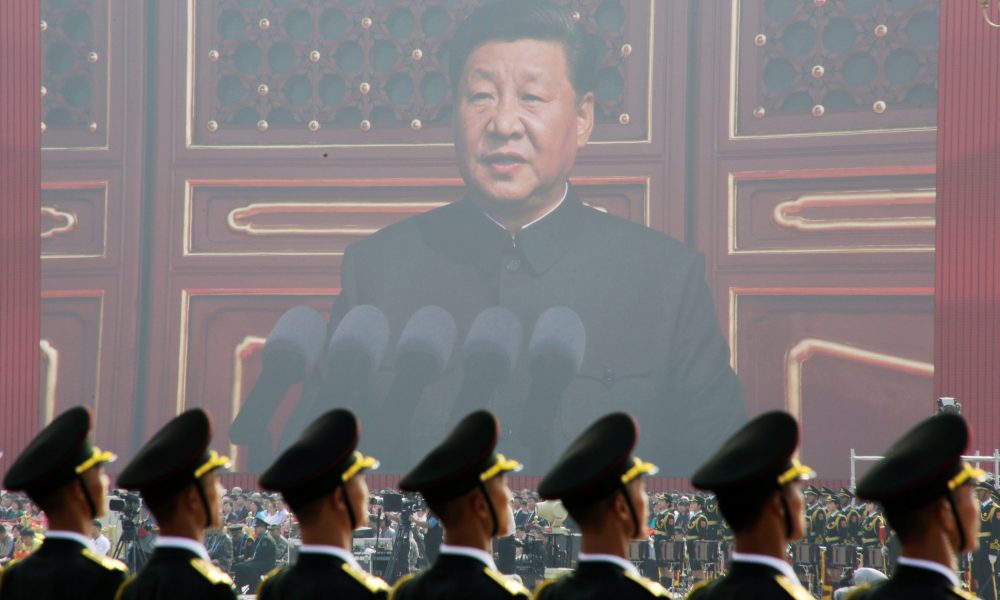U.S. Government Disrupts Botnet People’s Republic Of China Used To Conceal Hacking Of Critical Infrastructure

 FBI News:
FBI News:
A December 2023 court-authorized operation has disrupted a botnet of hundreds of U.S.-based small office/home office (SOHO) routers hijacked by People’s Republic of China (PRC) state-sponsored hackers.
The hackers, known to the private sector as “Volt Typhoon”, used privately-owned SOHO routers infected with the “KV Botnet” malware to conceal the PRC origin of further hacking activities directed against U.S. and other foreign victims.
These further hacking activities included a campaign targeting critical infrastructure organizations in the United States and elsewhere that was the subject of a May 2023 FBI, National Security Agency, Cybersecurity and Infrastructure Security Agency (CISA), and foreign partner advisory.
The same activity has been the subject of private sector partner advisories in May and December 2023, as well as an additional secure by design alert released recently by CISA.
The vast majority of routers that comprised the KV Botnet were Cisco and NetGear routers that were vulnerable because they had reached “end of life” status; that is, they were no longer supported through their manufacturer’s security patches or other software updates. The court-authorized operation deleted the KV Botnet malware from the routers and took additional steps to sever their connection to the botnet, such as blocking communications with other devices used to control the botnet.
“The Justice Department has disrupted a PRC-backed hacking group that attempted to target America’s critical infrastructure utilizing a botnet,” Attorney General Merrick B. Garland said. “The United States will continue to dismantle malicious cyber operations – including those sponsored by foreign governments – that undermine the security of the American people.”
“In wiping out the KV Botnet from hundreds of routers nationwide, the Department of Justice is using all its tools to disrupt national security threats – in real time,” Deputy Attorney General Lisa O. Monaco said. “Today’s announcement also highlights our critical partnership with the private sector – victim reporting is key to fighting cybercrime, from home offices to our most critical…





